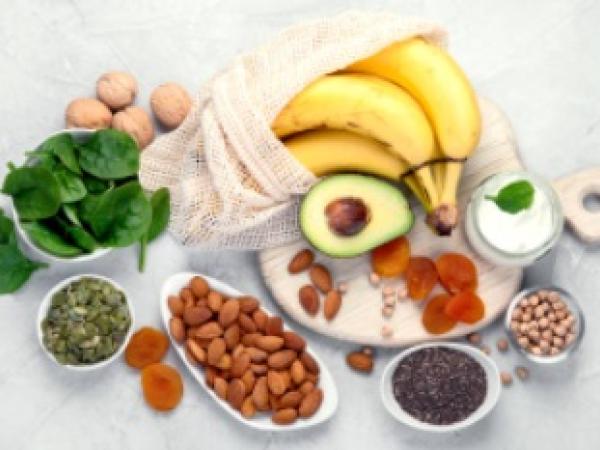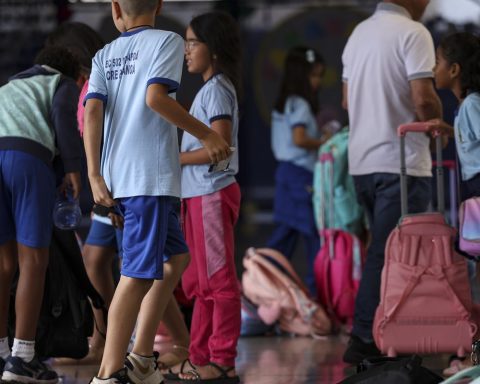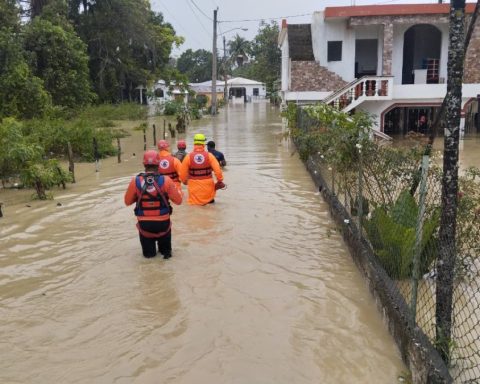world food prices remained near a record after the Russian invasion of Ukraine disrupted the trade, deepening hunger and worsening the cost-of-living crisis.
(See: Who monitors food price speculation in the country?).
the russian invasion has drastically reduced exports of Ukraine, one of the largest producers of cereals and vegetable oil in the world.
The blockade of key ports in the Black Sea has exacerbated chaos in supply chains, sending prices soaring and leading to United Nations to warn that food shortages could prompt millions of people to migrate.
A UN gauge of global food costs fell 0.6% in May from the previous month.
The prices of vegetable oil fell by 3.5%, partly due to the lifting of a ban on exports of Indonesian Palm Oil, reported by the Food and Agriculture Organization of the United Nations (FAO).
Farmers are facing record energy and input costs, and the UN has said a lack of fertilizer could exacerbate the food crisis in 2023.
(See: Food in Colombia: while some go up, others go down in price).
Food prices were already high due to logistical problems and the rebound in demand after the pandemic.
food inflation It is hitting poor countries hardest, where food purchases represent a large part of consumers’ budgets.
The UN Food Price Index rose 13% in March, the fastest pace on record, in the immediate aftermath of the Russian attack, before retreating slightly in April due to declining demand for vegetable oil and to the weakening of corn prices.
(See: The European Union blames Russia for causing world hunger).
Vegetable oil prices and cereals they have been affected by protectionist measures, as countries have tried to protect their own markets.
(See: The foods that have increased the most in price due to the war in Ukraine).
BLOOMBERG















